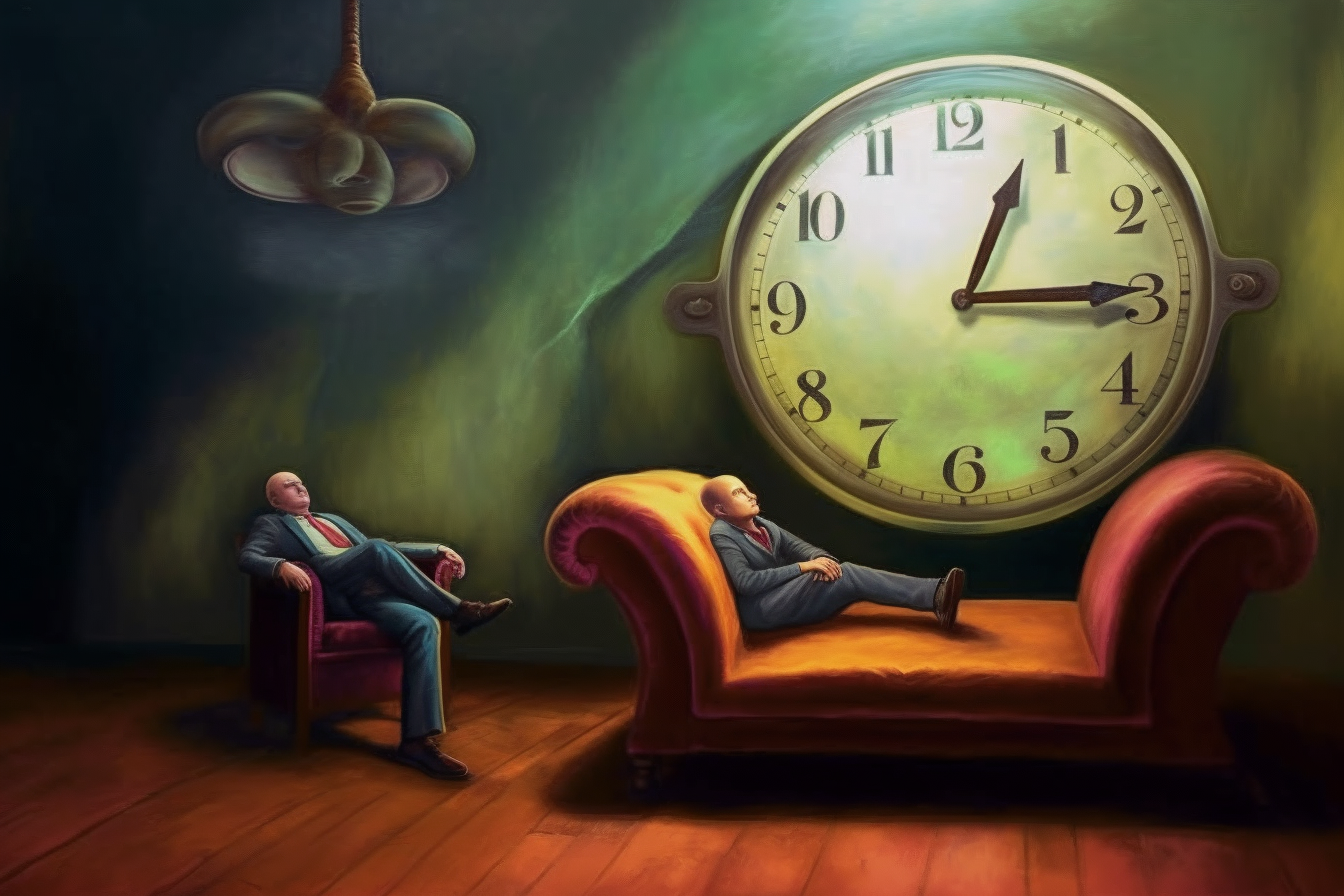Just like all worthwhile things in life, the therapeutic process is a journey. And you’re probably wondering: how long will that journey last?
And I can relate to your concern.
In the winter of 2023, I had a breakdown that jeopardized my closest relationships. I’d just sifted through 25 years’ worth of trauma and damage in isolation while writing my debut memoir.
I was in rough shape, unable to function in my day-to-day life. So I sought help from a therapist—for the first time ever, at age 38.
Like you, I had questions about the duration of therapy.
I also wondered when I would start to see progress.
In this blog post, I’ll share my insights and experiences to shed light on the journey ahead, offering guidance on the timeline you might expect in your own therapeutic process.
General Guidelines
Studies show that the average length of therapy ranges from 12 to 20 sessions for shorter-term interventions.
Longer-term therapy may extend over months or even years.
It’s important to note that each person’s experience is unique. The timeframe varies from relatively short to longer periods, depending primarily on four factors.
What are those factors?
I’m glad you asked.
The Four Factors that Determine the Length of a Therapeutic Intervention
1. The Severity of Your Symptoms
The severity of your symptoms will determine, to some extent, how long therapy will last. Individuals with more severe conditions, such as bipolar disorder or post-traumatic stress disorder, often require more extensive treatment. In these cases, therapy may span over the course of six months or longer.
I suffer from multiple disorders (generalized anxiety, social anxiety, depression, and ADHD). My mother also died by suicide. I have extensive past traumas I need to address. And healing from those traumas will require a long-term commitment to therapy on my part.

But even if you don’t have severe symptoms or traumatic past experiences, short-term therapy could be beneficial. Take my friend Emma, for example. After a tough breakup, therapy helped her find stability and manage her anxiety.
Whether it’s long-term for a major psychiatric issue or short-term for a life challenge, therapy is a great way to develop effective coping strategies and improve your overall well-being.
2. Your Willingness to Change
The success or failure of your therapeutic journey lies in your hands. Sure, a skilled therapist can offer you general guidance and support. But your willingness to embrace change will influence the duration of your therapy, perhaps more than any other factor.
It won’t always be easy.
As I mentioned earlier, I have social anxiety disorder. And when my therapist gave me a simple assignment—to engage in two meaningful conversations with random strangers—I practically had a panic attack.

However, by pushing myself to face my fears and expose myself to uncomfortable experiences, I’ve learned how to gain control over my anxiety. If you’re willing to change, as I was (and still am), there’s a good chance you’ll embark on an efficient and transformative path in therapy.
3. The Therapeutic Approaches Used
Therapeutic approaches also play a role in determining the length of therapy.
Structured interventions, featuring solution-based modalities such as cognitive-behavioral therapy and dialectical behavior therapy, are often relatively short in duration. Other therapeutic approaches, including psychodynamic therapy, require in-depth exploration and may extend over a longer period.
Your ideal therapeutic strategy will depend on your needs, mindset, and goals.
4. The Competence of Your Therapist
When your therapist possesses expertise in your specific area of concern, they can provide tailored interventions and strategies to effectively address your needs. On the other hand, an inexperienced or ill-suited therapist may impede your progress.

Remember, therapy is a collaborative process.
Finding a competent therapist who not only understands your unique circumstances but also works well with you is essential for achieving optimal results within a reasonable time frame.
How Long Does Therapy Last? – Closing Thoughts
The severity of your symptoms and conditions will influence the length of therapy, with more extensive treatment often required for severe conditions. However, even for those facing milder challenges, short-term therapy can still provide valuable support.
Ultimately, if you’re willing to make changes and find a competent therapist who understands your circumstances and needs, your therapeutic journey will be successful.

R. Ross Horton is a writer, editor, and musician based in Palm Coast, FL. Last year he published his first book, Love Songs and Suicide: A Travel Memoir, Romance, and Tragic Musical Comedy. At Lovesong.blog, Ross strives to help people find harmony in a chaotic world. Visit this website’s about page to learn more.

